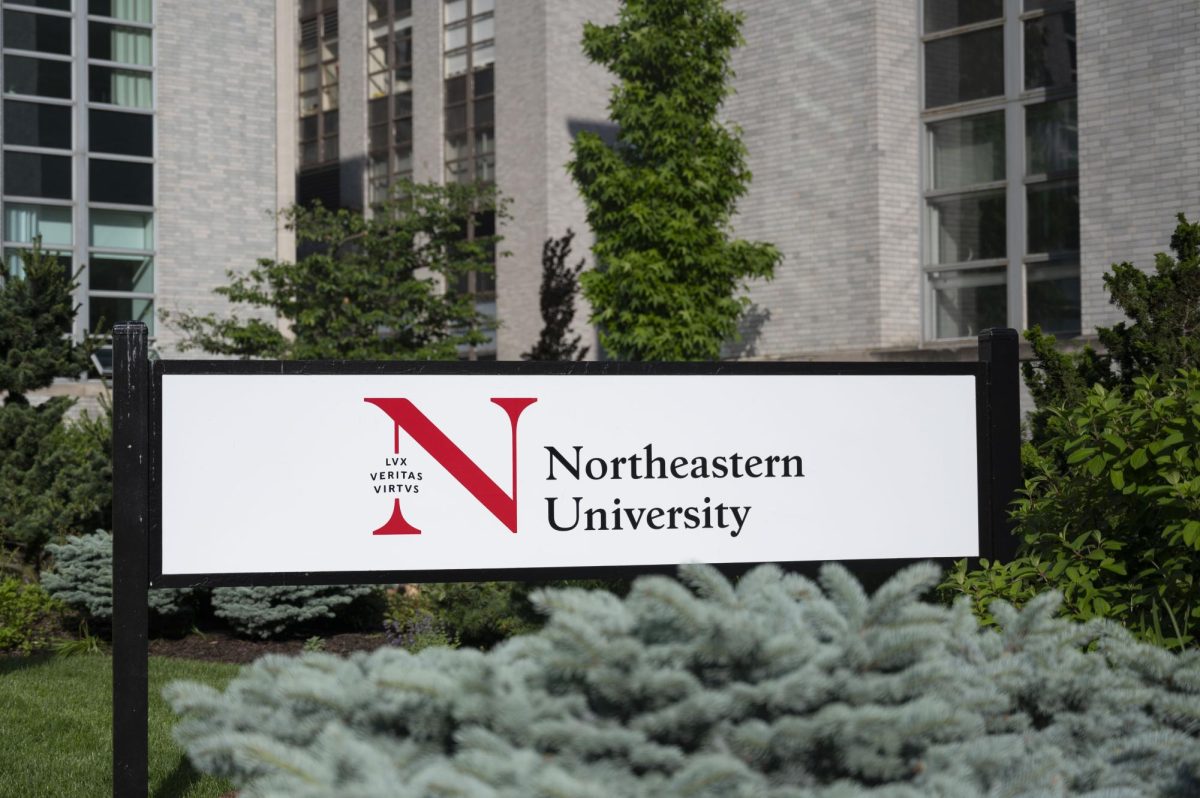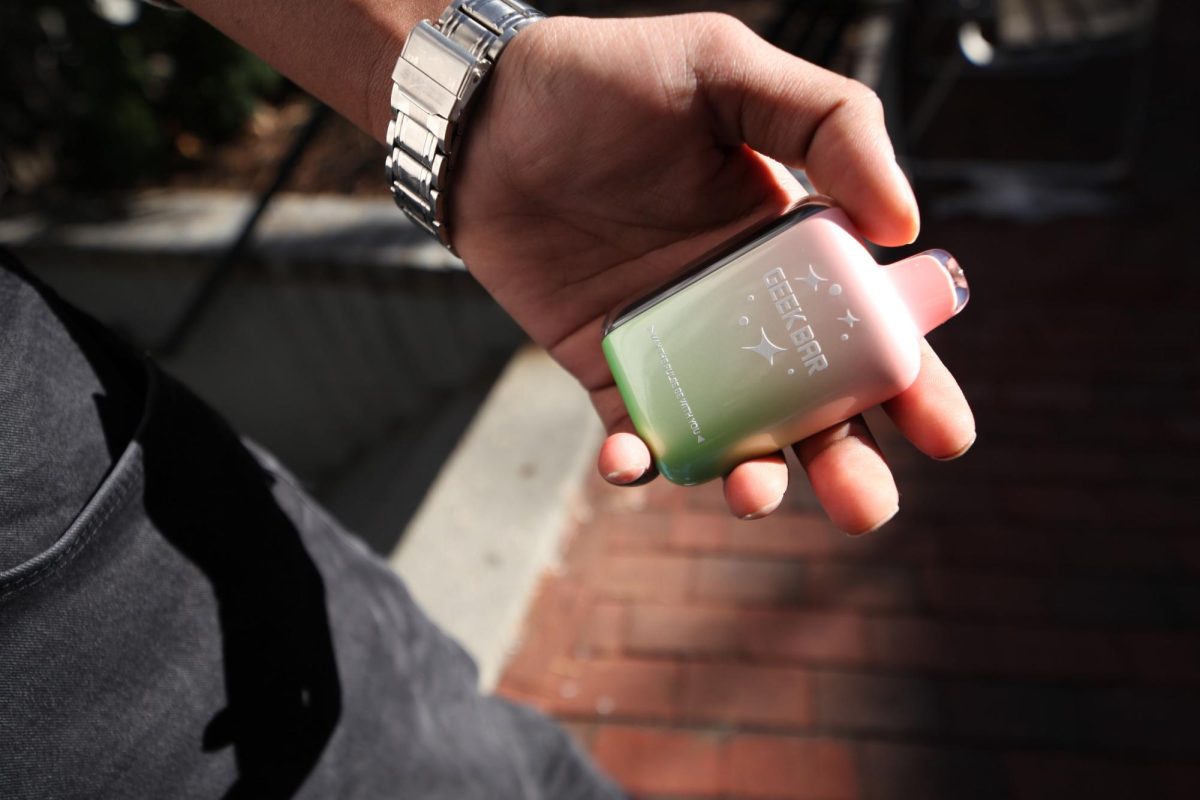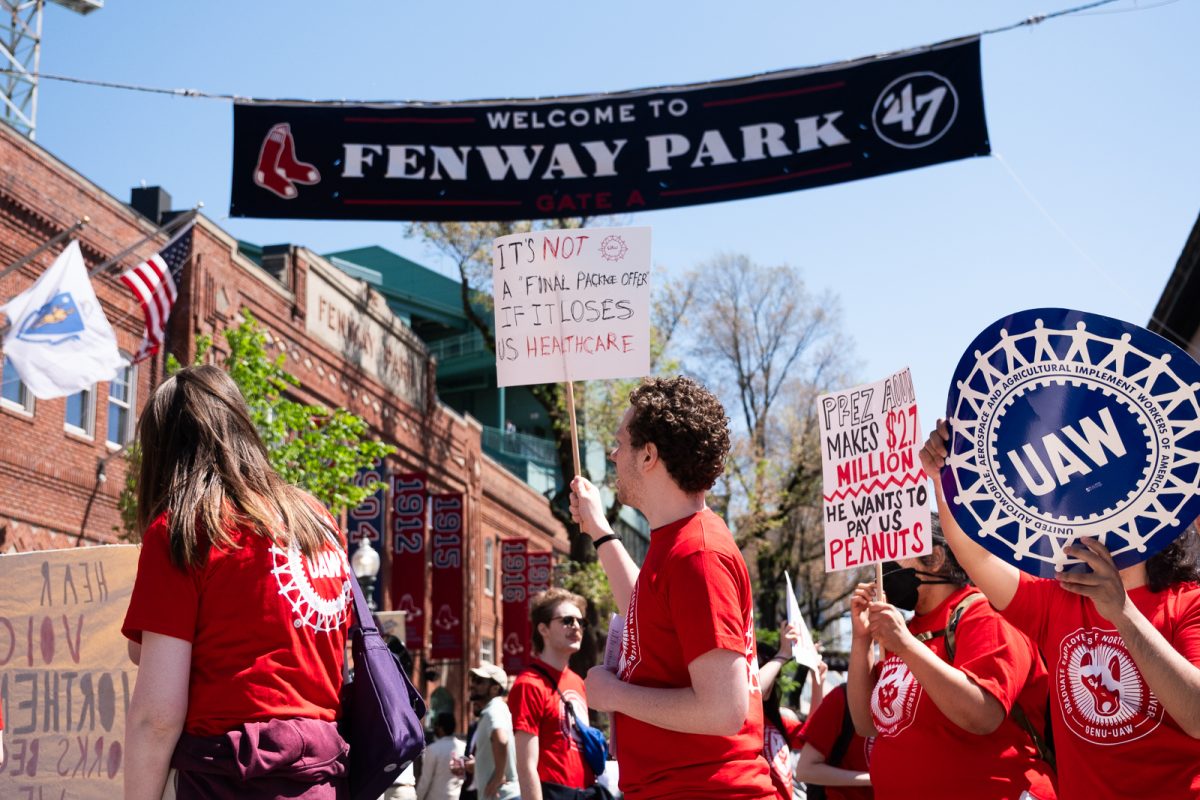Northeastern basketball great Dave Caligaris has an easy time discussing his days on Huntington Avenue.
First and foremost, he mentions his coach.
“Even today, with people that I talk to, they’ll say ‘Where did you play’ and I’ll say ‘Northeastern,'” said the fifth-leading scorer in Husky history when reached Tuesday. “It doesn’t really register, but as soon as you say ‘I played for Jim Calhoun,’ there’s automatic recognition.”
It’s the sort of recognition that has come with ease for Calhoun, a Braintree native, since he began his highly-publicized run as one of the most successful college basketball coaches ever with first Northeastern and most recently his two-time championship winning University of Connecticut Huskies.
On Monday, Calhoun obtained the most pretigious of honors, as he was inducted into the Naismith Basketball Hall of Fame. This comes in the same season the coach garnered his 700th win, joining just 18 coaches (six of them active).
“It doesn’t surprise me at all,” Caligaris said of Calhoun being inducted. “He’s established himself as one of the premier coaches in the college game. He’s on a very short list of coaches that have accomplished what he’s accomplished. It’s really tremendous.”
Calhoun’s success story is one that has been praised throughout his stay in Storrs, Conn., where he won national championships in 1999 and 2004, while developing talent such as Ray Allen and Donyell Marshall into NBA players.
At Northeastern, Calhoun coached from 1972 to 1986, delivering the university its three NCAA tournament wins, while compiling a 250-137 record, the most wins in school history.
Gerry Corcoran, who played under Calhoun in 1983, and then from 1985-86, remembers the firey, passionate coach as an important figure in his life.
“He was a tough coach, but more than that, he taught us how to be men,” he said. “I’ve used the reference that he was like a second father to me. Over a four-year period of my life, I spent more time with him than I did with my father. He had a huge impact on me.”
What distinguishes Calhoun’s induction into the Hall of Fame and his presence on the all-time college coaching win list was his ability to develop the Connecticut program into a national power. Calhoun, Corcoran recalled, hasn’t changed in his coaching style nor his recruiting.
“What he has done at Connecticut is unlike any other program,” Corcoran said. “It’s not like Duke, it’s not like North Carolina, where there are all those McDonald’s All-Americans. He took a pretty good college basketball program and made it a great one by recruiting his kind of players, his kind of people, his kind of athletes.”
Caligaris was at Northeastern for the start of Calhoun’s run.
“When I was there, we were predominatly a .500 team and we were transferring from Division II to Division I,” he said. “[Calhoun] came from the high school ranks and didn’t come in with an established recruiting network that a lot of today’s college coaches have. He had to adjust to all of those things, and you saw what happened when he adjusted.”
It is that way of coaching and that insistence on finding the right player that makes Calhoun special, Corcoran said.
“Up until recently, he wasn’t the coach getting the top-echelon players and he won two national championships. We’re talking top 50 players in America, he’d be looking at 25-50, instead of 1-25. I don’t think there’s a better coach in America, and probably in the history of the NCAA, he’s one of the top five to have ever coached the game.”
Corcoran found himself at the Hartford Civic Center this season to watch his son, a Quinnipiac University player, face off against Calhoun. Corcoran said the energy of Calhoun, and the competitiveness, was as strong as ever.
“He’s still as intense as ever, and easily one of the most intense guys I’ve ever met. He’s easily one of the most competitive people I’ve ever met in athletics,” he said.
Every player under Calhoun, Corcoran added, took something from the coach when they left either Boston or Storrs for the final time.
“I always say this,” Corcoran said. “Jim Calhoun is not for everybody, but the guys that played for him and that are successful are the ultimate of loyalty to him.”









